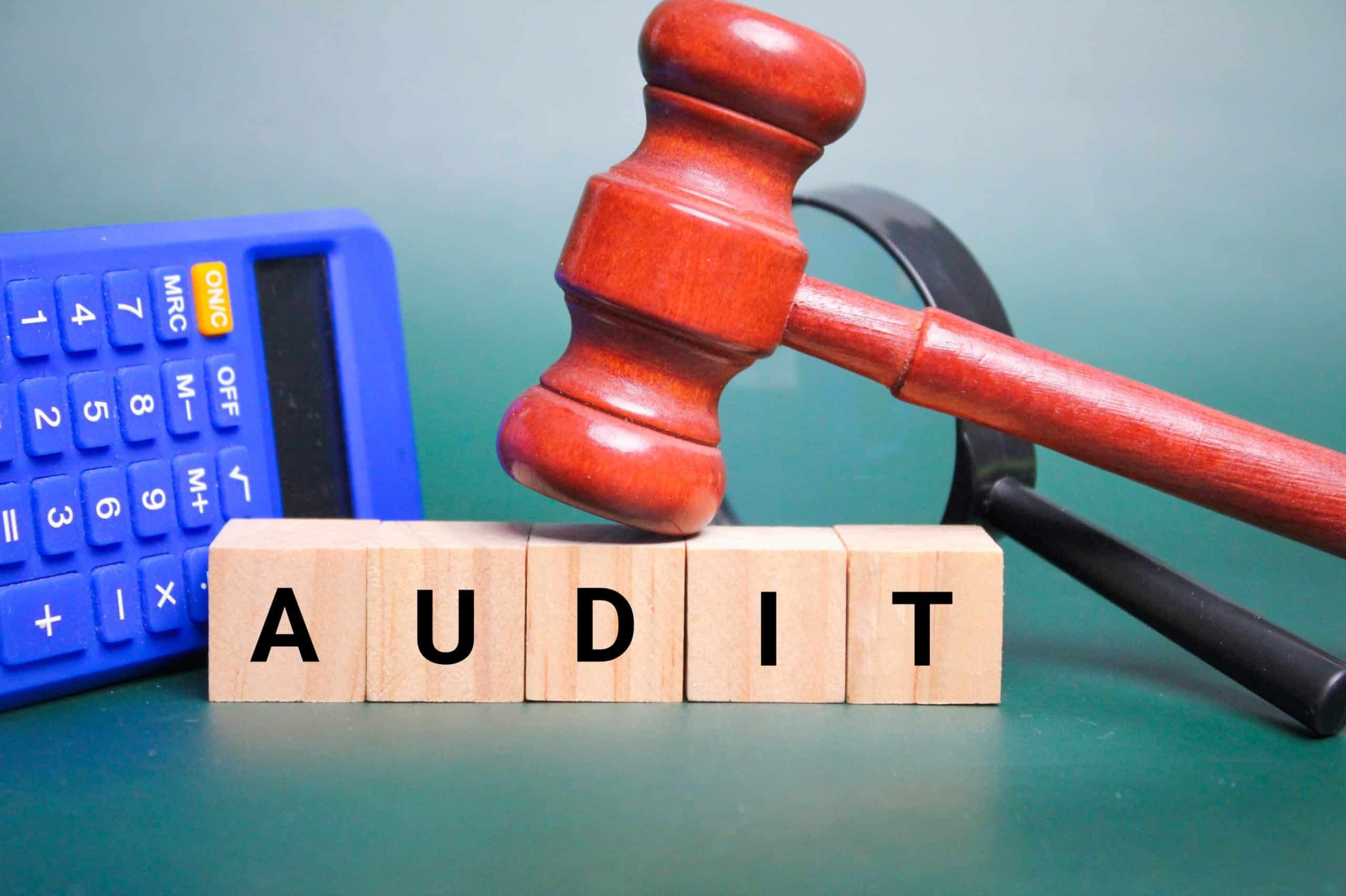Tenancy Trials: Lawful Strategies in Property Management – Guest Post

In the realm of successful property management, navigating tenancy trials is a critical aspect that demands a thorough understanding of legal strategies. From addressing lease disputes to handling tenant grievances, property managers often find themselves involved in legal proceedings. A comprehensive grasp of lawful strategies in managing tenancy trials is indispensable for ensuring compliance, resolving conflicts, and maintaining positive landlord-tenant relationships.
Understanding Lease Agreements
At the core of tenancy trials lie lease agreements. These legally binding contracts outline the rights and responsibilities of both landlords and tenants. Understanding the intricacies of lease agreements is pivotal in navigating tenancy trials successfully.
Property managers should ensure that leases are comprehensive, clear, and legally sound. This involves defining terms, outlining rent payment procedures, specifying maintenance responsibilities, and addressing clauses related to termination or eviction. A thorough understanding and adherence to the terms within these agreements form the foundation for resolving disputes effectively.
Preventing and Managing Disputes
Preventing disputes before they escalate into legal battles is a key strategy in property management. Proactive communication and conflict resolution skills play a pivotal role here. Property managers should foster an environment of open communication with tenants, addressing concerns promptly and effectively.
When conflicts arise, property managers should employ mediation or negotiation as initial steps to resolve disputes amicably. Documenting all interactions, maintaining records of communications, and adhering to legal protocols throughout the process are crucial to mitigate the risk of escalated trials.
Navigating Evictions Legally
Evictions, albeit a last resort, sometimes become necessary due to non-payment of rent, lease violations, or other breaches. Navigating the legal landscape surrounding evictions demands strict adherence to local laws and regulations.
Property managers must ensure that all eviction procedures strictly adhere to legal requirements. This involves providing proper notice to tenants, following eviction timelines stipulated by law, and engaging legal counsel if needed. Understanding tenant rights and respecting due process is essential to navigate eviction trials successfully.
Maintaining Property Compliance
Property managers must ensure that their properties comply with all relevant laws and regulations. From building codes to safety standards and habitability requirements, compliance is non-negotiable.
Regular property inspections, addressing maintenance issues promptly, and keeping abreast of regulatory changes are crucial strategies in preventing legal trials arising from non-compliance. Additionally, keeping detailed records of property inspections and maintenance can serve as crucial evidence in case of legal disputes.
Utilizing Legal Counsel Effectively
Engaging legal counsel when navigating tenancy trials can be immensely beneficial. Legal experts can provide invaluable guidance, ensure compliance with legal procedures, and represent property managers in court if necessary.
Building a network of trusted legal professionals and consulting them at the outset of any legal issue can help property managers devise effective strategies. Legal counsel can assist in interpreting complex laws, preparing for trials, and advocating for the best interests of the property manager.
Conclusion
Navigating tenancy trials in property management demands a proactive and informed approach. By understanding lease agreements, preventing and managing disputes, navigating evictions legally, ensuring property compliance, and utilizing legal counsel effectively, property managers can navigate legal trials with confidence and adherence to the law.
A commitment to lawful strategies not only resolves conflicts efficiently but also fosters positive tenant-landlord relationships, maintains legal compliance, and safeguards the interests of all parties involved in the dynamic landscape of property management.











Recent Comments